Over 600 mineral exploration project reports now available through the UK Critical Minerals Intelligence Centre
All 662 reports from the Mineral Exploration and Investigation Grants Act programme are now available on the Critical Minerals Intelligence Centre website.
17/05/2024 By BGS Press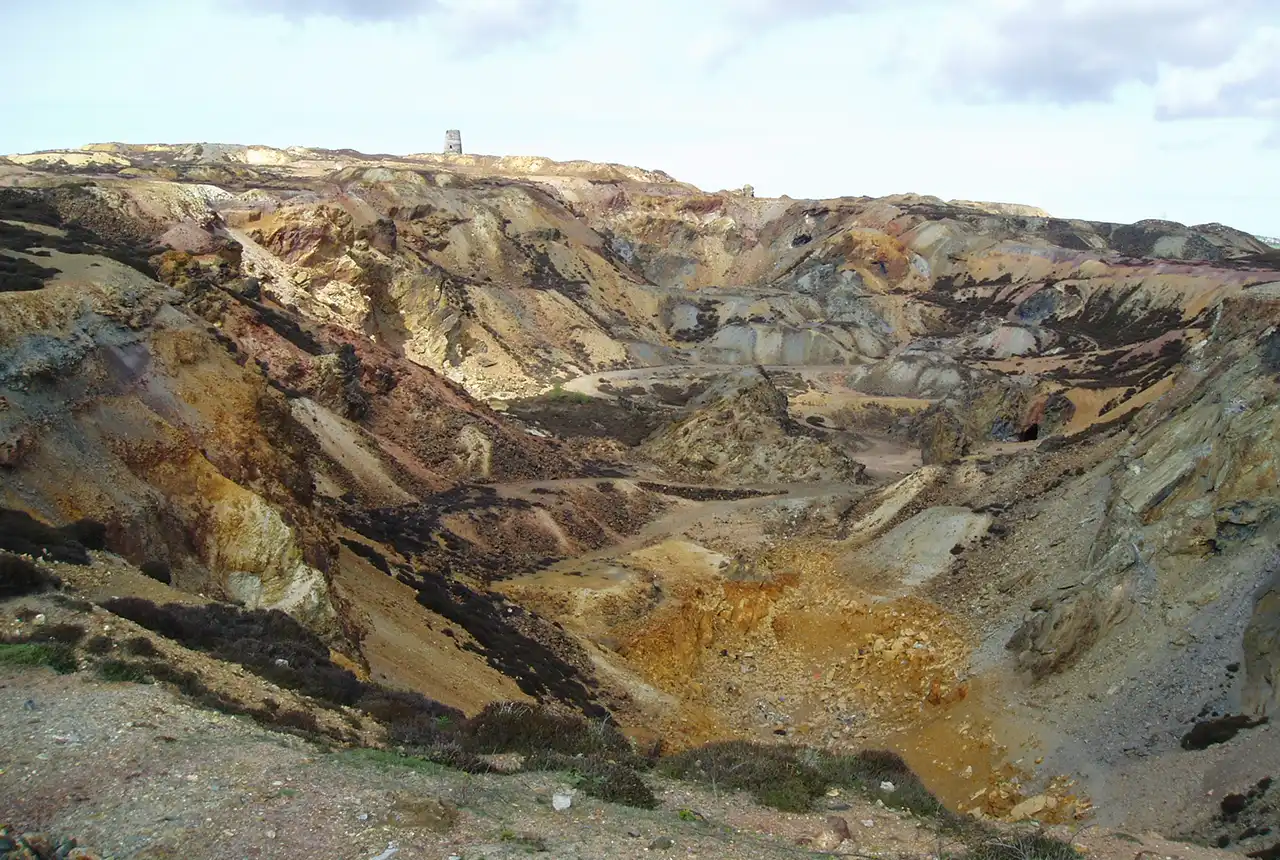
Following the first data release in July 2023, which captured reports from Scotland and the north of England, the Critical Minerals Intelligence Centre (CMIC) has completed scanning all the Mineral Exploration and Investigation Grants Act (MEIGA) reports that are held at BGS. This release includes Wales and the south-west of England.
What is MEIGA?
MEIGA was funded under the former Department of Trade and Industry (DTI) through grants for mineral exploration of non-ferrous metals, fluorspar, barium and potash. CMIC is delivering the MEIGA reports in a geographically searchable, online and free-to-access format, making the data accessible for exploration companies to use to help refine areas that could be of interest to them.
The MEIGA reports contain:
- geological mapping
- soil and stream sediment geochemistry data
- geophysical surveys
- drill core logs
- assay data
We are delighted to have this final part of the dataset released publicly, as we believe pre-competitive data is an essential part of the exploration geologist’s toolkit that can help identify prospective areas for further exploration.
Eimear Deady, BGS Economic Geologist.
What information does the new release contain?
The south-west of England and parts of Wales were identified as areas of interest in a recent report on critical raw material (CRM) prospectivity in the UK (Deady et al., 2023). Many CRMs are the co- and byproducts of base metals and other metals previously explored for and mined across Wales and south-west England.
For example, areas of Wales covered by MEIGA reports may have the potential for CRMs associated with a deposit type known as volcanogenic massive sulfides. These are typically mined for copper but have the potential to also contain CRMs such as indium, tellurium or bismuth. Other deposits in Wales include historic gold deposits, which could contain other CRMs such as tellurium, bismuth or antimony but have not been evaluated using modern analytical methods.
CMIC works closely with the Department for Business & Trade, which funds CMIC, and this data supports the UK Government’s Critical Minerals Strategy by providing accessible historical information to companies wishing to explore the UK’s critical mineral potential.
More information
- Access the MEIGA reports on the CMIC website
- Find out more about the previous release of reports
- Geological material collected in the 1970s and 1980s is available via BGS through the Core Store booking process and the GeoIndex, where anyone can explore the MEIGA report areas
Deady, E, Goodenough, K M, Currie, D, Lacinska, A, Grant, H, Patton, M, Cooper, M, Josso, P, Shaw, R A, Everett, P, and Bide, T. 2023. Potential for critical raw material prospectivity in the UK. British Geological Survey Commissioned Report CR/23/024. (Nottingham, UK: British Geological Survey.)
Relative topics
Related news
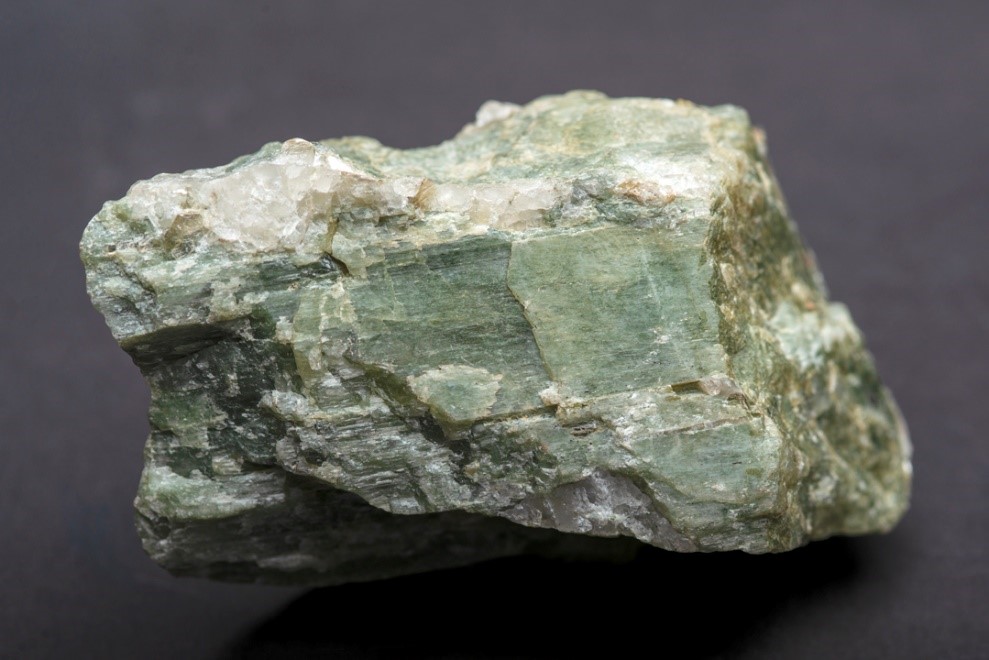
Future projections for mineral demand highlight vulnerabilities in UK supply chain
13/03/2025
New Government-commissioned studies reveal that the UK may require as much as 40 per cent of the global lithium supply to meet anticipated demand by 2030.
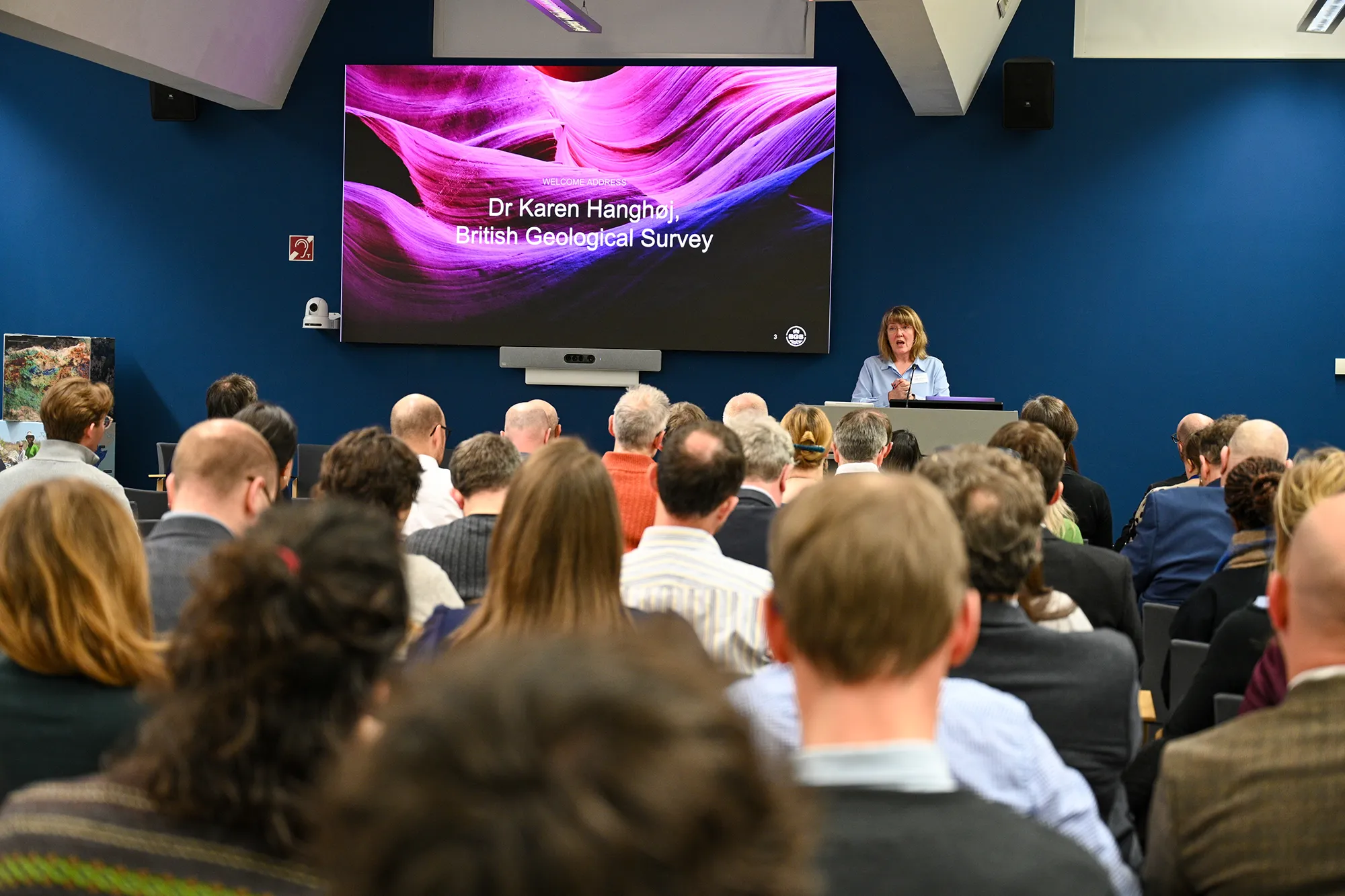
Critical Mineral Intelligence Centre hosts second conference
28/02/2025
The Critical Minerals Intelligence Centre conference took place at BGS’s headquarters in Keyworth, Nottinghamshire.
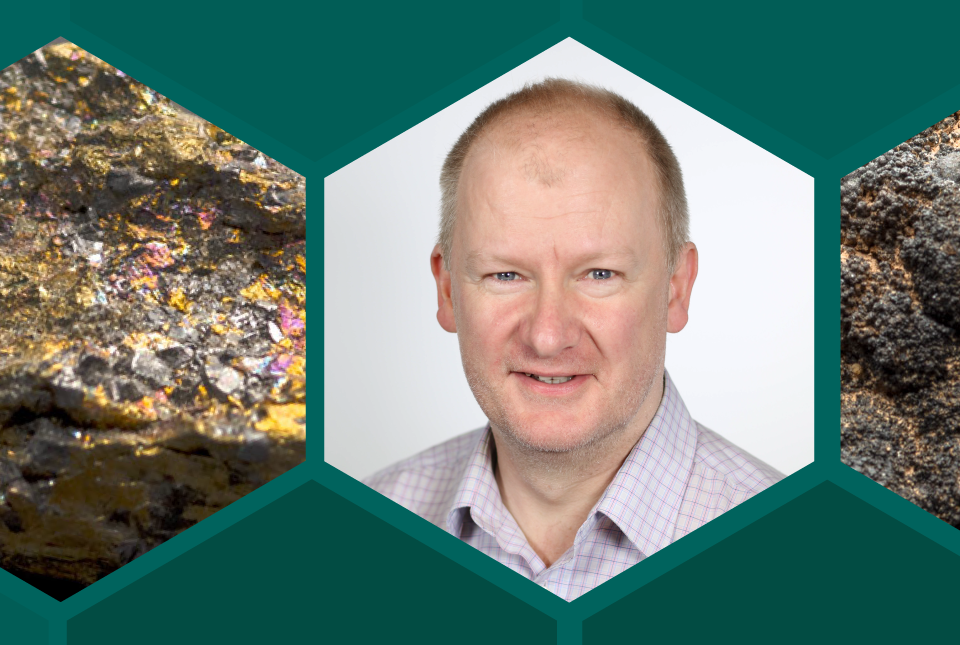
The challenge of assessing the UK economy’s dependence on mineral supply
28/11/2024
Critical, essential, or just plain important? Dr Gavin Mudd, director of the Critical Minerals Intelligence Centre, discusses the findings and new methodology featured in the 2024 UK Criticality Assessment.
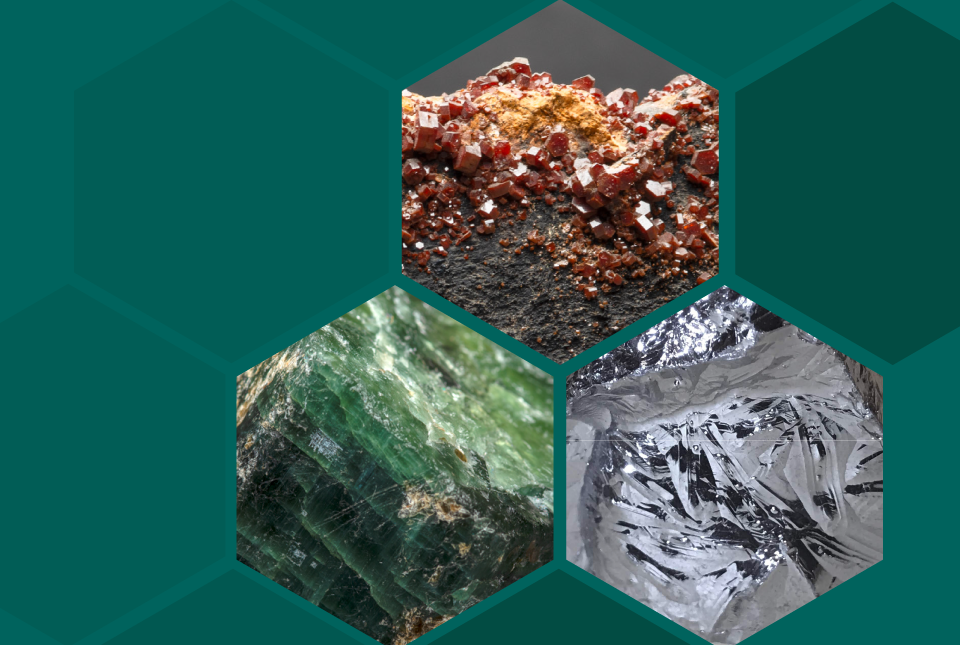
UK 2024 Criticality Assessment published
28/11/2024
The latest UK Criticality Assessment, produced by the UK Critical Minerals Intelligence Centre, shows that growing diversification brings an increasing vulnerability in terms of disruption to supply.

Over 600 mineral exploration project reports now available through the UK Critical Minerals Intelligence Centre
17/05/2024
All 662 reports from the Mineral Exploration and Investigation Grants Act programme are now available on the Critical Minerals Intelligence Centre website.
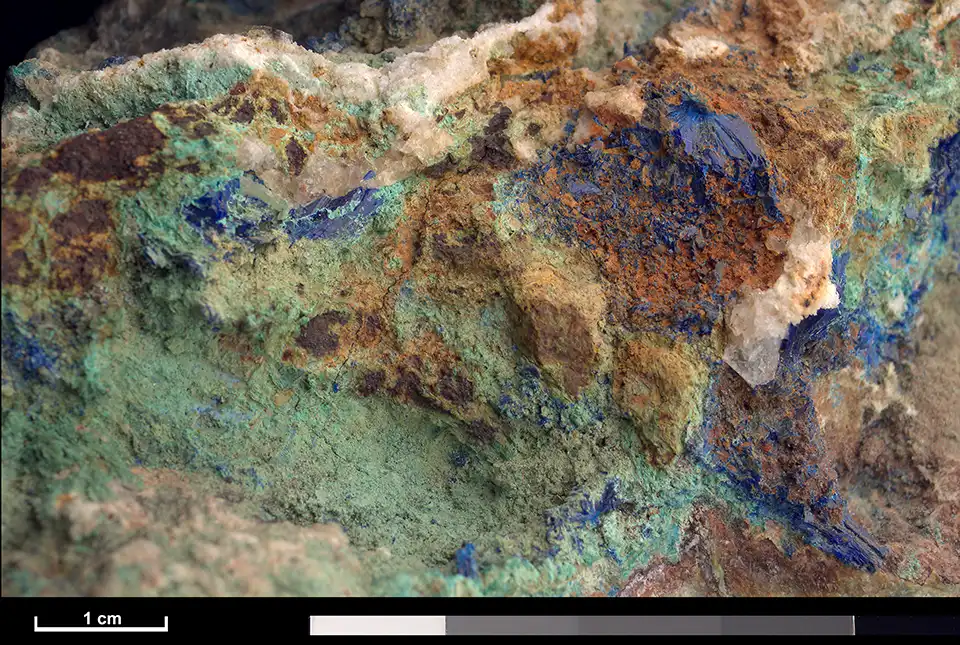
CMIC: critical minerals research review
21/12/2023
Matthew Reeves of Innovate UK provides an overview of the Critical Minerals Strategy, which sets out how the UK will go about securing its supply of critical minerals.
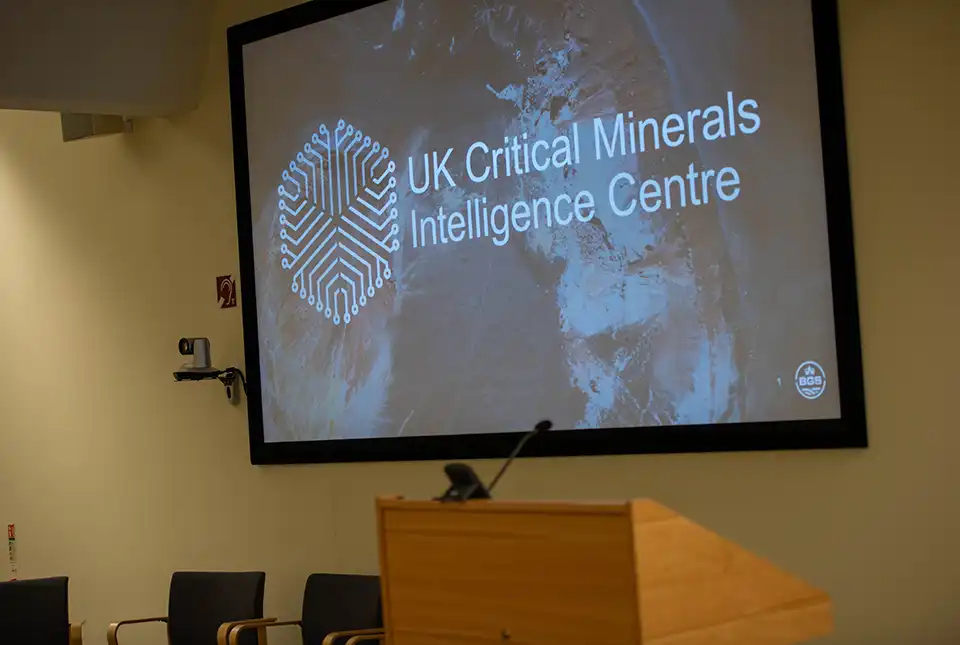
First annual Critical Mineral Intelligence Centre conference takes place
23/11/2023
The conference took place at BGS’s headquarters in Keyworth, Nottinghamshire, on 21 November 2023.

Dr Gavin Mudd appointed director of the UK Critical Minerals Intelligence Centre
19/10/2023
Dr Gavin Mudd brings with him expertise in sustainable mining, environmental impacts and management of mine waste.
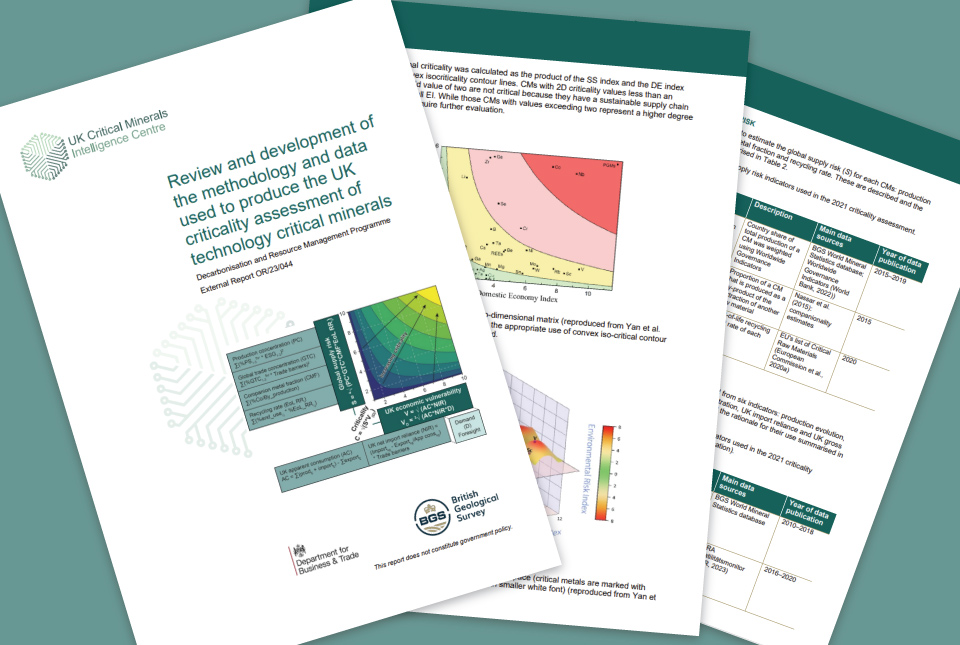
UK assessment of technology-critical minerals and metals
12/10/2023
New publication by the UK Critical Mineral Intelligence Centre sets out a revised methodology
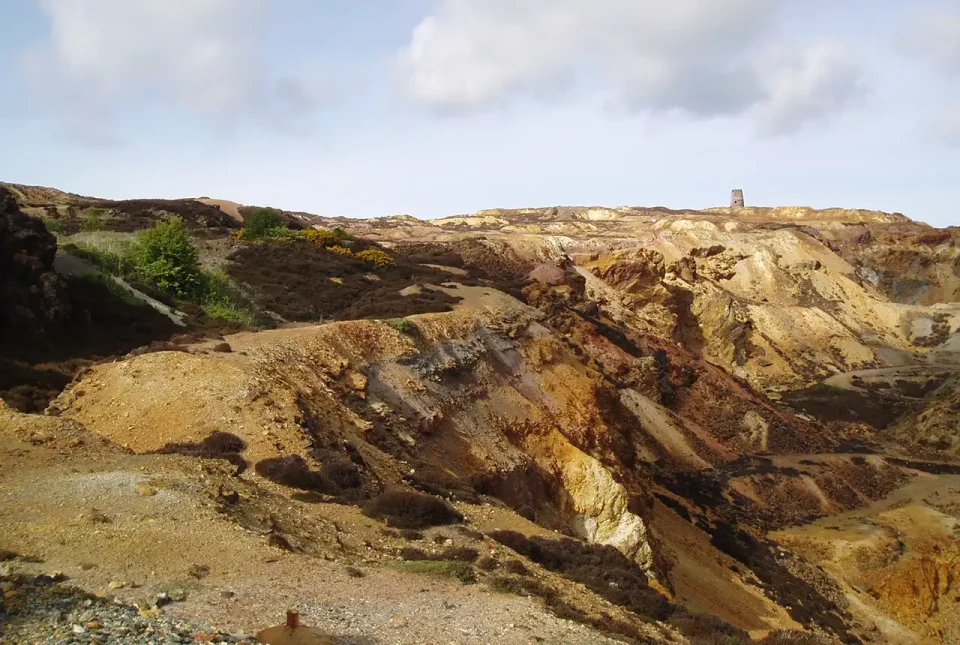
Mineral investigation reports released online
07/07/2023
Reports from over 260 mineral exploration projects are now freely available on BGS’s GeoIndex.
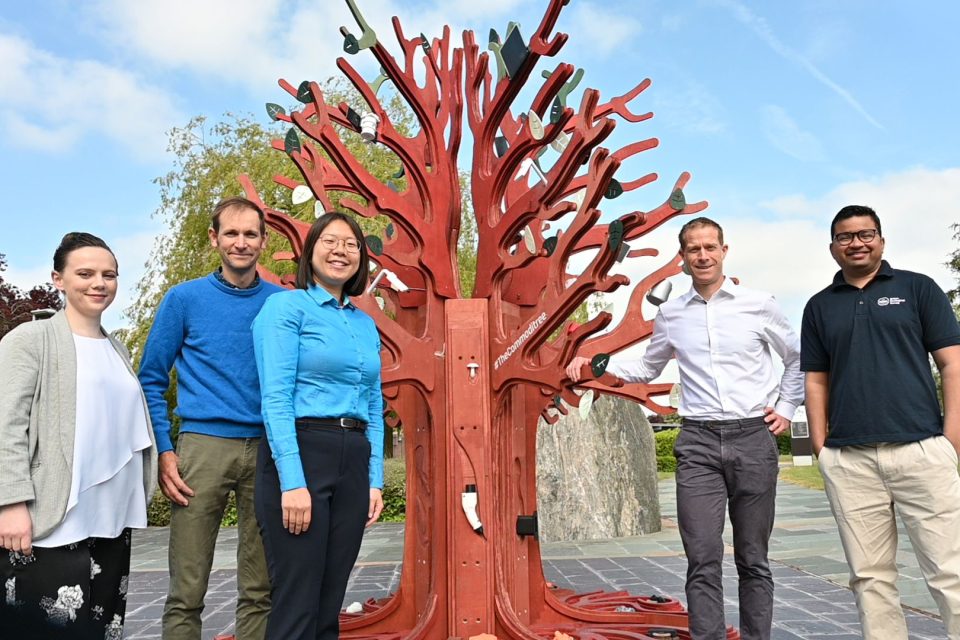
BGS unveils #TheCommoditree at Glastonbury 2023
21/06/2023
The new installation is part of a unique touring festival stand showcasing how modern lifestyles wouldn’t be possible without rocks and minerals.
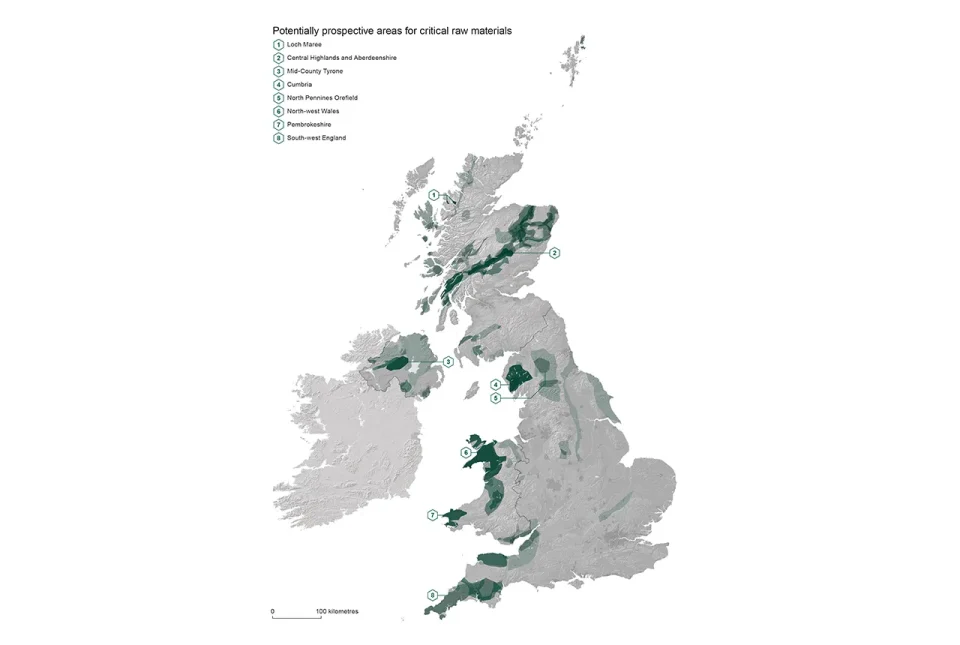
Report identifies areas of the UK prospective for critical raw materials
17/04/2023
Areas from the Highlands to south-west England have the right geology to be prospective for several critical raw materials such as lithium and graphite, according to a new report.



